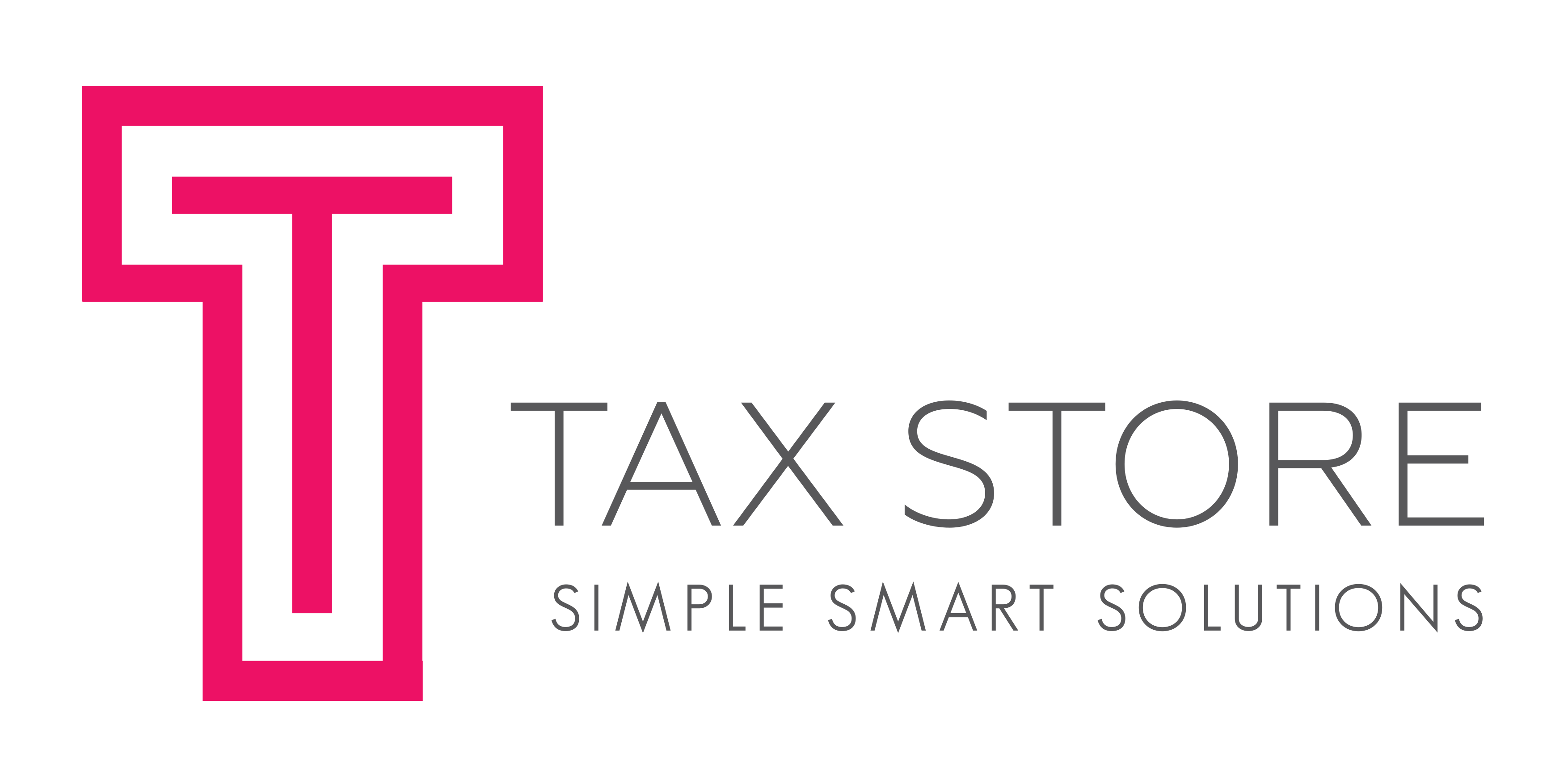End of Financial Year Checklist for Small Businesses
June 18, 2024
Maximising Your Tax Return: Post-June 30 Tips
As the financial year draws to a close, optimizing your tax return involves strategically managing your finances and leveraging available deductions. Here’s a comprehensive guide to help you maximize your tax situation for the past financial year and plan effectively for the next.
1. Maximise Deductions
Ensure you claim all eligible deductions to reduce your taxable income:
Work-Related Expenses
Work-related expenses are costs you incur as part of performing your job. To claim a deduction for these expenses:
- You must have personally spent the money and not been reimbursed by your employer.
- The expense must directly relate to earning your income.
- Keep detailed records such as receipts or invoices to substantiate your claim.
Types of Work-Related Expenses
- Uniforms and Protective Clothing: Costs incurred for purchasing, cleaning, or repairing uniforms and protective clothing required for your job.
- Tools and Equipment: Expenses related to the purchase, maintenance, or repair of tools and equipment necessary for your job, such as laptops, tools for tradespeople, or specialty equipment. For more information visit the ATO website.
- Travel Expenses: Costs associated with travel for work purposes, including transport, meals, and accommodation. This applies when traveling between different work locations, attending client meetings, or traveling to training sessions away from your usual place of work. For more information visit the ATO website.
- Home Office Expenses: If you work from home, you can claim a portion of expenses like electricity, internet, phone bills, and depreciation of home office equipment. This can be claimed using either the fixed rate method or the actual cost method.
2. Boost Your Superannuation
Contribute extra to your superannuation fund to benefit from tax advantages and grow your retirement savings:
- Concessional Contributions: Pre-tax contributions taxed at 15%. These include salary sacrifice arrangements and personal deductible contributions.
- Non-Concessional Contributions: After-tax contributions that are not taxed within the super fund and can be a good way to save extra for retirement.
3. Manage Capital Gains and Losses
Strategically manage your investments to minimize capital gains tax:
- Offset Gains with Losses: Sell underperforming investments to realize losses, which can be used to offset gains from other investments.
- Hold Investments Over 12 Months: Investments held for more than a year are eligible for a 50% discount on capital gains tax, making it beneficial to hold onto assets longer when possible.
4. Review Private Health Insurance
Avoid the Medicare Levy Surcharge (MLS) and save money:
- Appropriate Level of Private Hospital Insurance: If your income exceeds the MLS threshold, having private health insurance can help you avoid the surcharge.
5. Use Tax Agent Services for your tax return
Consider a registered tax agent for your tax return:
- Expert Advice: Tax agents provide guidance on complex tax matters and help ensure you claim all eligible deductions.
- Extended Lodgment Deadline: Using a tax agent often allows for a later lodgment deadline, giving you more time to prepare your return.
Book an appointment with a tax agent to get personalized advice and assistance.
6. Claim Depreciation for Investment Properties
If you own investment properties, make sure to claim depreciation:
- Depreciation on Buildings and Assets: You can claim depreciation on the building structure and assets like appliances and fittings. A quantity surveyor can provide a depreciation schedule for accurate claims.
7. Review and Optimize Your Withholding
Ensure the right amount of tax is withheld from your income:
- Adjust Your Withholding: If you consistently owe money at tax time, consider adjusting your withholding amounts through your employer to better match your actual tax liability.
8. Maintain Accurate Records
Good record-keeping simplifies the tax process and ensures you can substantiate your claims:
- Use Digital Tools: Apps and software can help track expenses, manage receipts, and keep records organized.
- Keep a Logbook for Work-Related Car Expenses: If you use your car for work, maintaining a logbook for at least 12 continuous weeks can help substantiate your claims.
9. Claim Home Office Expenses
With the rise of remote work, claiming home office expenses has become more relevant:
- Fixed Rate Method: Claim a fixed rate per hour for home office expenses. The current rate is $0.67 per hour.
- Actual Cost Method: Alternatively, claim the actual costs of expenses such as electricity, internet, and depreciation of office equipment.
10. Apply for Medicare Levy Exemption
Medicare levy exemptions for medical conditions, foreign residents, or entitlement to Medicare benefits:
- Eligibility Criteria: You may be eligible for half or full exemption if you are a foreign resident, a resident not entitled to Medicare, or have a specified medical condition or meet certain entitlement criteria during the income year.
- How to Apply: Download and complete the Medicare levy exemption certification application form from the Services Australia website. It can take up to 8 weeks for your MES application to be processed by Services Australia. You must wait until you receive your MES before lodging your tax return.
11. Review Your Tax Return Before Lodging
Before submitting your tax return, review it thoroughly:
- Double-Check Deductions: Ensure all eligible deductions are claimed and all necessary documentation is in order.
- Verify Income Statements: Cross-check income statements from employers, banks, and other income sources.
12. Additional Resources
Useful tools like the ATO app’s myDeductions feature can help track and record deductible expenses conveniently. Download the ATO app to manage your taxes and super in one place.
For complex tax matters or to ensure you’re claiming all eligible deductions, consider consulting a registered tax agent. Book an appointment with a tax agent to get personalized advice and assistance.
By following these tips and leveraging available deductions and tax strategies, you can maximize your tax return and reduce stress during tax season. For more detailed information, visit the Australian Taxation Office (ATO) website.

